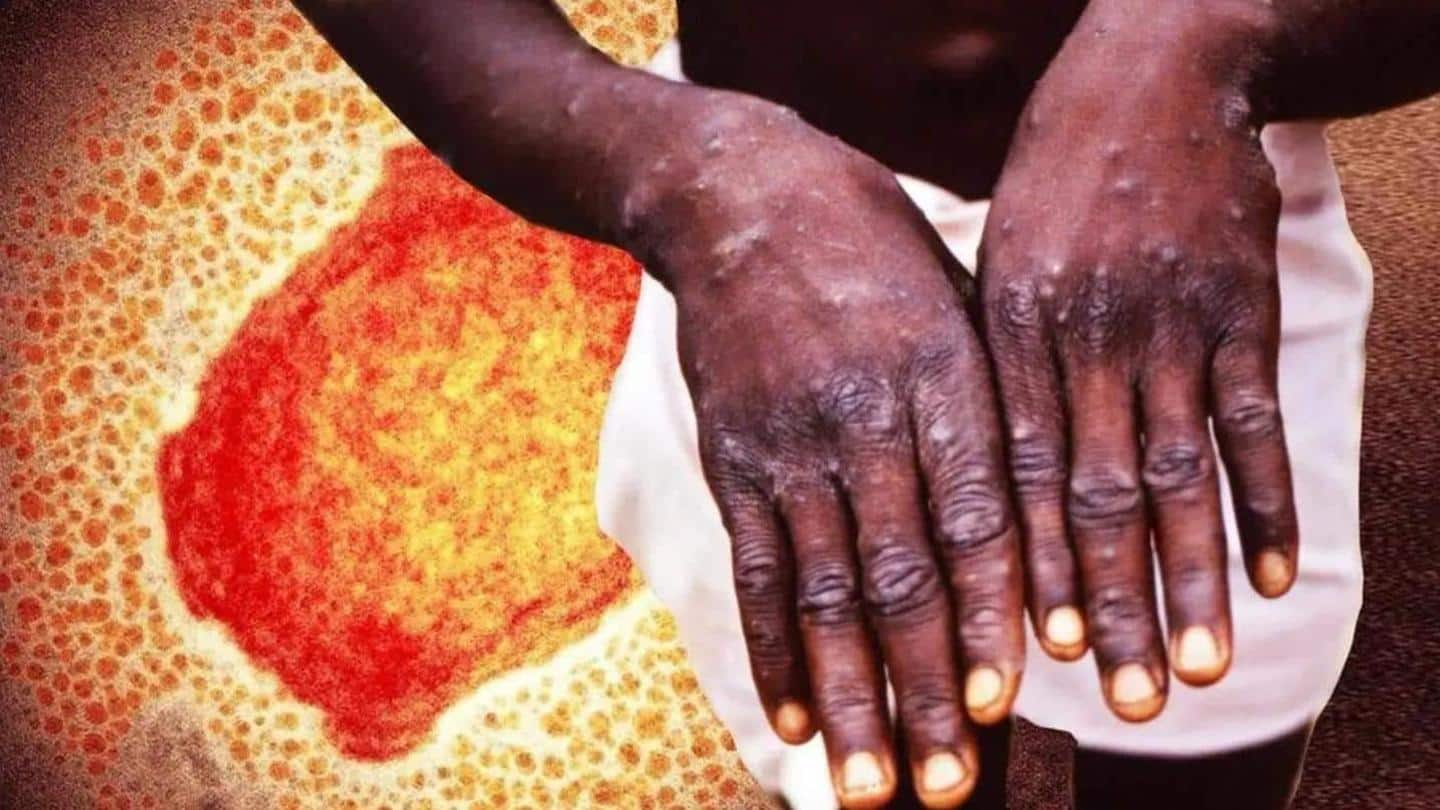
WHO declares monkeypox outbreak 'global public health emergency': Details here
What's the story
Sounding the highest level of alarm that it can on the monkeypox outbreak, the World Health Organization (WHO) on Saturday declared it a global public health emergency.
To note, this rare designation came less than a month after the global health body declined to declare the virus as a public health emergency of international concern.
Here are more details.
Details
Global monkeypox outbreak represents public health emergency: WHO chief
In a statement, WHO Director-General Tedros Adhanom Ghebreyesus said, "I have decided that the global monkeypox outbreak represents a public health emergency of international concern."
This means the WHO now considers monkeypox a significant enough global health threat and that a coordinated response from countries worldwide is required to prevent the further spread of the virus, which might subsequently even escalate into a pandemic.
Statement
Risk of monkeypox moderate in all regions, except Europe: Ghebreyesus
Ghebreyesus said he considered five different elements—under the International Health Regulations—to decide whether monkeypox constitutes a global health concern.
"WHO's assessment is...the risk of monkeypox is moderate globally...except in the European region where we assess the risk as high," he added.
"There is also a clear risk of further international spread, although the risk of interference with international traffic remains low for the moment."
Quote
'An outbreak that has spread around the world rapidly'
Talking about the monkeypox outbreak, the WHO chief further stated, "So in short, we have an outbreak that has spread around the world rapidly, through new modes of transmission, about which we understand too little, and which meets the criteria in the International Health Regulations."
Monkeypox cases
16,000+ monkeypox infections reported in 2022 so far
So far, in 2022, over 16,000 monkeypox cases have been reported in 75 countries. Five deaths from the viral disease have also been recorded. All these fatalities were registered in Africa.
Meanwhile, India confirmed its third case in a 35-year-old man who returned from the United Arab Emirates to Kerala's Malappuram recently. The first two cases were also reported from Kerala in UAE returnees.
About
What exactly is monkeypox?
Mostly transmitted to humans from animals, monkeypox is a viral zoonotic disease.
Most infections are found in West Africa and Central Africa. It is similar to human smallpox but milder.
With a mortality rate of up to 10%, it can be fatal in rare cases.
Notably, the first case of human monkeypox was identified in 1970 in Congo (formerly Zaire) in a nine-year-old boy.
Symptoms
What are the symptoms of monkeypox?
According to the WHO, the incubation period for monkeypox is usually 7−14 days but can range between 5−21 days, too.
Following this, fever, rash, severe headache, backache, muscle aches (myalgia), intense asthenia (lack of energy), and swollen lymph nodes kick in.
Apart from the face, rashes affect the palms of the hands, soles of the feet, oral mucous membranes, genitalia, conjunctivae, and cornea.
Precautions
How to contain spread of monkeypox?
Monkeypox spreads via "close contact with lesions, body fluids, respiratory droplets, and contaminated materials such as bedding," as per the WHO.
So, it can be contained through measures such as self-isolation and proper hygiene.
Also, avoiding physical contact with people with suspected/confirmed infections, staying away from crowded events, and following good hygiene may help one protect themselves from monkeypox.